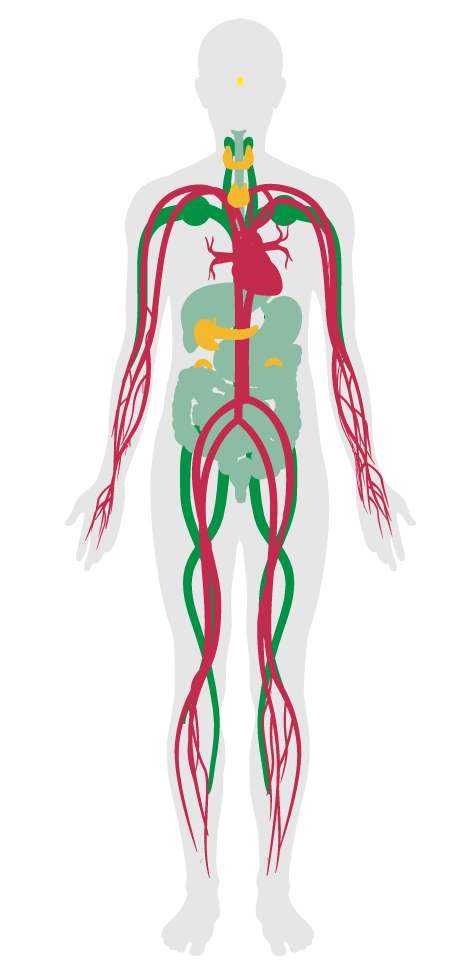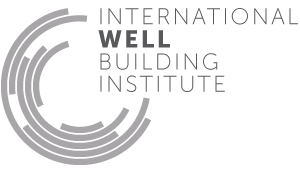Serving sizes
- 38 Fruits and vegetables
- 39 Processed foods
- 40 Food allergies
- 41 Hand washing
- 42 Food contamination
- 43 Artificial ingredients
- 44 Nutritional information
- 45 Food advertising
- 46 Safe food preparation materials
- 47 Serving sizes
- 48 Special diets
- 49 Responsible food production
- 50 Food storage
- 51 Food production
- 52 Mindful eating
- P1 Food environment
- P7 Strategic Dining Design
47. Serving sizes
To reduce unintended overconsumption.
Excess caloric intake, especially through easy access to oversized meal options, can lead to excess weight gain and obesity. Some studies show that individuals will serve and eat more food when provided with larger plates and bowls compared to smaller ones. In addition, larger portions of energy-dense foods also promote overconsumption. Therefore, reducing the size and caloric content of meals can reduce the likelihood of unintended overeating, thereby encouraging healthier eating habits.
Where food sold or distributed on a daily basis by (or under contract with) the project owner is prepared to order, for at least half of all available entrées, the following option is available and listed on the menu:
Where food sold or distributed on a daily basis on the premises by (or under contract with) the project owner is self-serve and requires the use of a serving plate, bowl or cup, each of the following is met (as applicable):

Applicability Matrix
| Core & Shell | New & Existing Buildings | New & Existing Interiors | |
|---|---|---|---|
| Part 1: Meal Sizes | - | O | O |
| Part 2: Dinnerware Sizes | - | O | O |
| Commercial Kitchen | Education | Multifamily Residential | Restaurant | Retail | |
|---|---|---|---|---|---|
| Part 1: Meal Sizes | O | O | - | O | - |
| Part 2: Dinnerware Sizes | O | O | - | O | - |
Verification Methods Matrix
| Letters of Assurance | Annotated Documents | On-Site Checks | |
|---|---|---|---|
|
PART 1 (Protocol) Meal Sizes |
Operations Schedule | Spot Check | |
|
PART 2 (Protocol) Dinnerware Sizes |
Operations Schedule | Spot Check |
| 47.1.a |
The New York State Department of Health's Cafes/Cafeterias Implementation Guide recommends eateries serve at least one healthy value meal that contains no more than 650 calories. |
